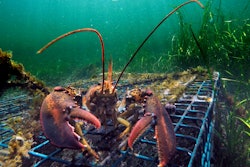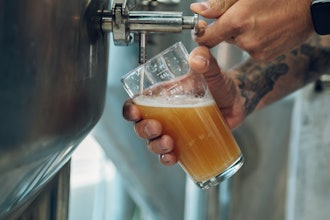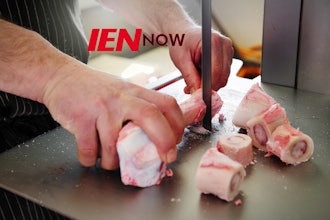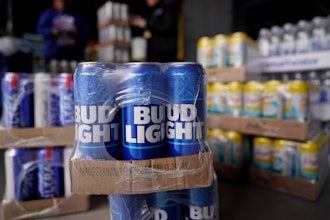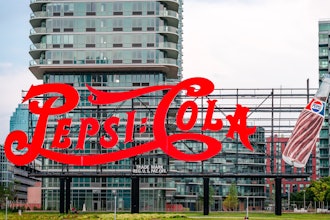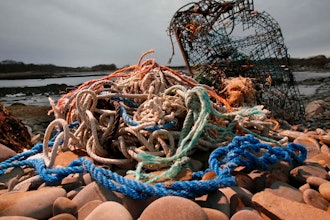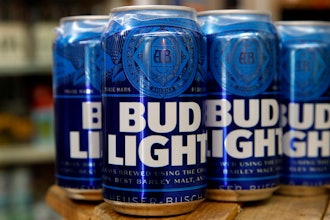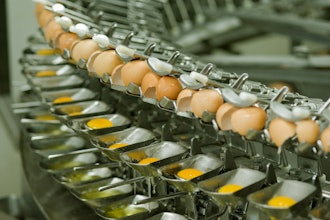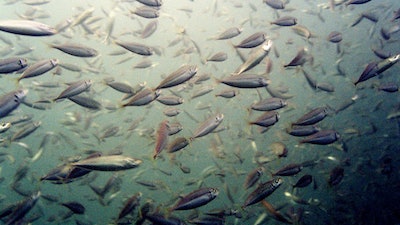
NORFOLK, Va. (AP) — Fishing regulators accused Virginia on Thursday of allowing a company that makes fish-oil supplements to exceed catch limits on a fish that's an important link in the Chesapeake Bay's food chain.
The Atlantic States Marine Fisheries Commission voted to find Virginia out of compliance because the state didn't enact a new harvest cap for a fish that's called menhaden. The species serves as food in the bay for large predators that include striped bass, bottlenose dolphins and humpback whales.
The commission's vote escalates a simmering conflict in Virginia that involves only one company, Omega Protein, which defied the commission's catch limit.
Environmental groups have called into question how one corporation can have so much influence on state policy. But the company and lawmakers who support it say the catch limit is unfair and lacks scientific justification.
The Trump Administration may get involved. The commission said it will ask the U.S. Secretary of Commerce to intervene, a request that hasn't always been reciprocated by the current administration.
Menhaden are an oily, silver-colored fish that swim in schools inside and outside the nation's largest estuary. Omega Protein has been harvesting them for decades, producing products like fishmeal and omega-3 rich fish oil.
In recent years, the commission has reduced menhaden catch limits over concerns about the bay's population, noting that the Chesapeake is "a nursery ground for many species."
In 2017, harvest limits were reduced from about 87,000 metric tons to 51,000 metric tons. But Virginia's legislature didn't enact the change.
This year, the company said it hauled in 67,000 metric tons of the fish — or 31% more than the commission allows.
Omega protein said in a statement Thursday that it tried to fish outside of the bay. But it said that poor weather and higher volumes of menhaden inside the Chesapeake led to higher harvests there.
The company also pointed to the commission's most recent stock assessment, which said menhaden aren't being overfished.
Richard Stuart, a Republican state senator who supports Omega, said the company provides nearly 300 jobs and pumps millions into the economy.
"If I saw one shred of evidence that Omega was overfishing, I'd be the first one to vote to cut the catch," Stuart said. "I think the ASMFC gave into pressure from special interests."
Chris Moore, a scientist with the Chesapeake Bay Foundation, said no one disputes that the menhaden population is healthy coastwide. But he said estimates for the bay are inadequate, which is why the commission took the precaution of lowering the harvest cap.
Moore added that Omega Protein lobbied lawmakers to defy the catch limit. According to the Virginia Public Access Project, Omega Protein has made nearly $600,000 in political donations in the state over the years.
"For its own profit Omega Protein has now tarnished Virginia's reputation as a responsible steward of its fisheries," Moore said.
The Secretary of Commerce has 30 days to review the commission's ruling on Virginia.
In 2017, Commerce Secretary Wilbur Ross overruled a recommendation by the commission involving New Jersey. The ASMFC had found New Jersey to be out of compliance on proposed limits for summer flounder.
Omega Protein, which was recently acquired by Canadian company Cooke Inc., said that it will adhere to the Commerce Secretary's final ruling, whatever it may be.







